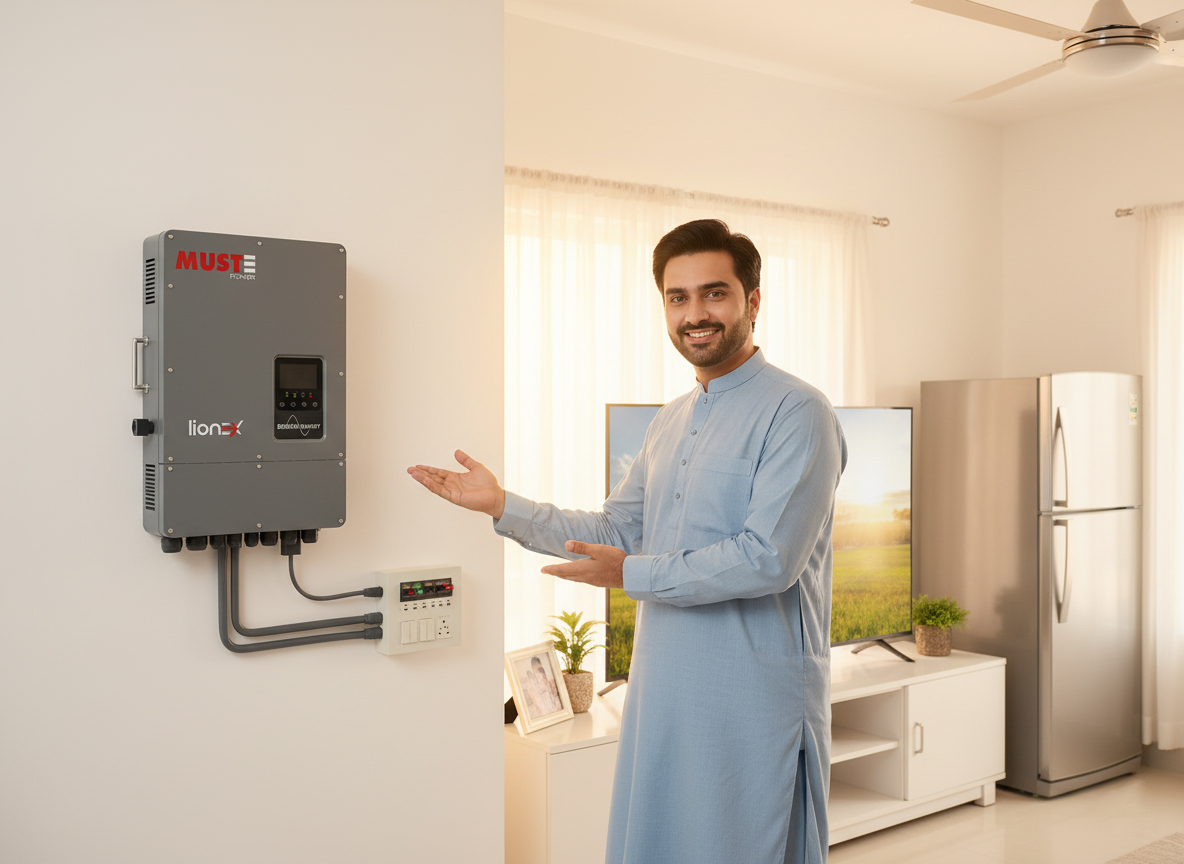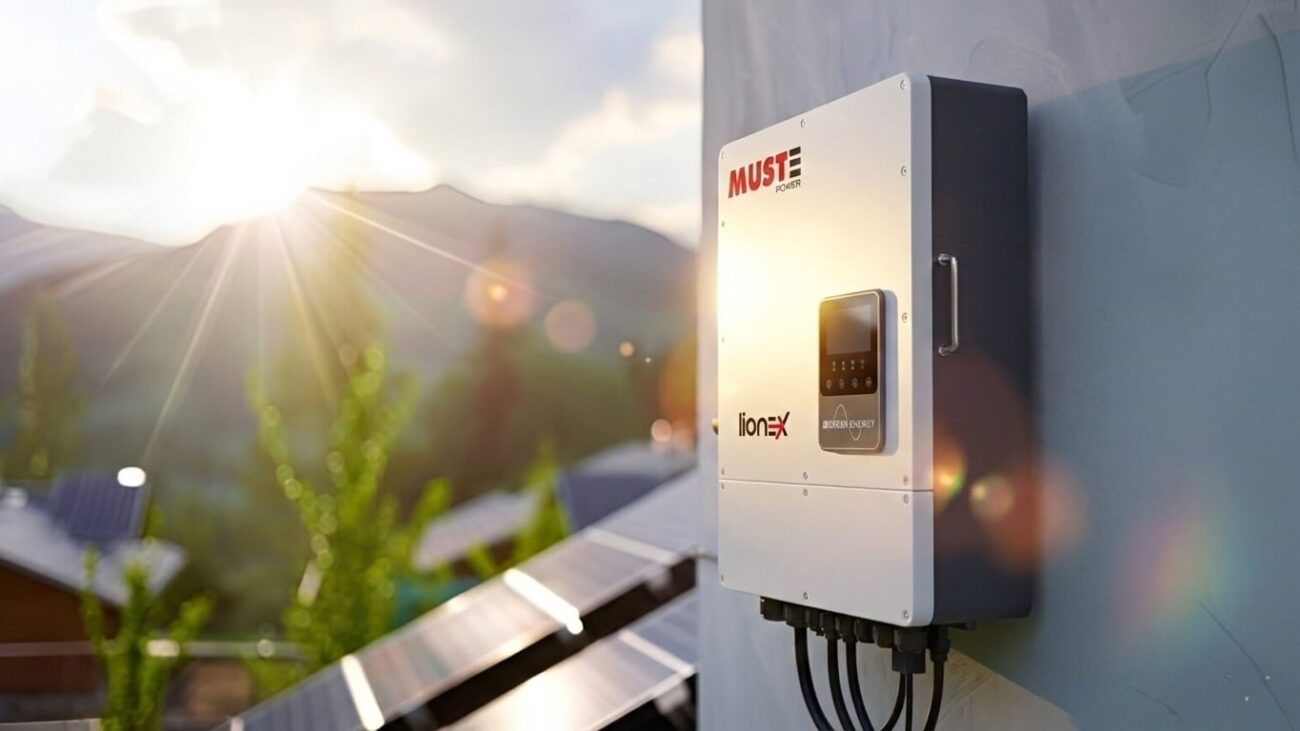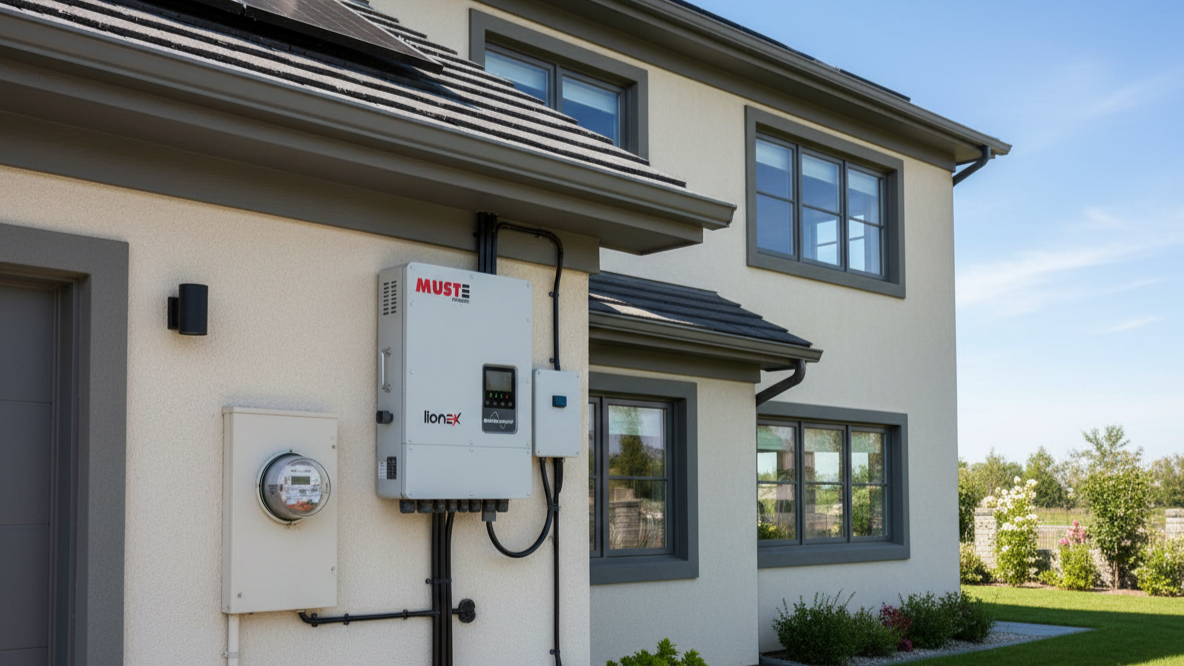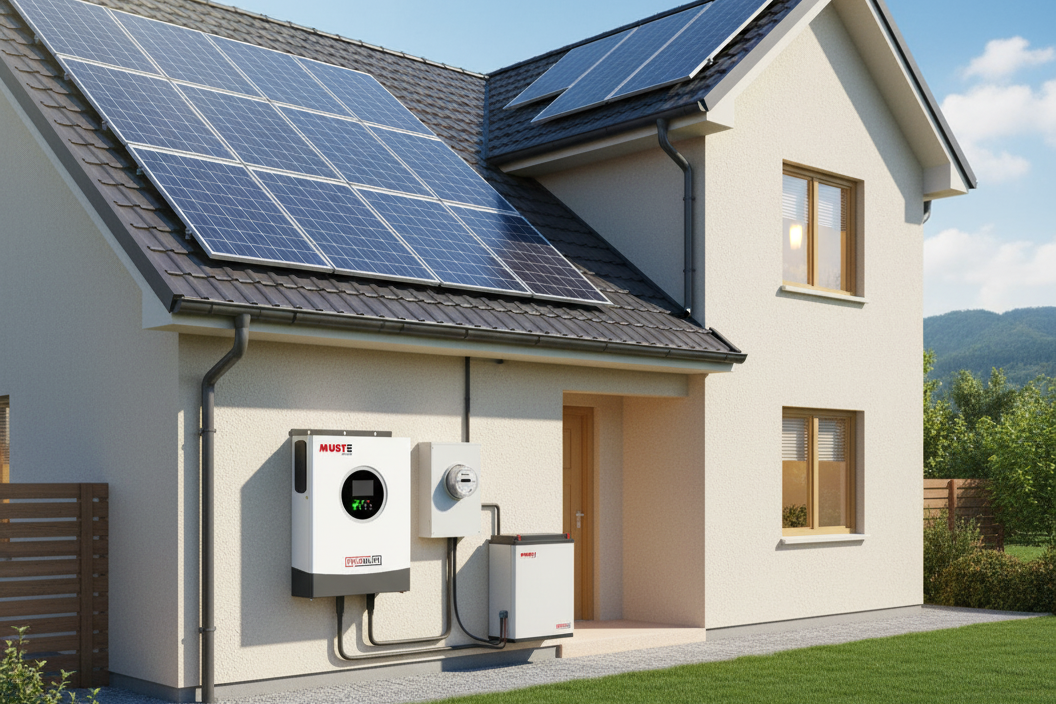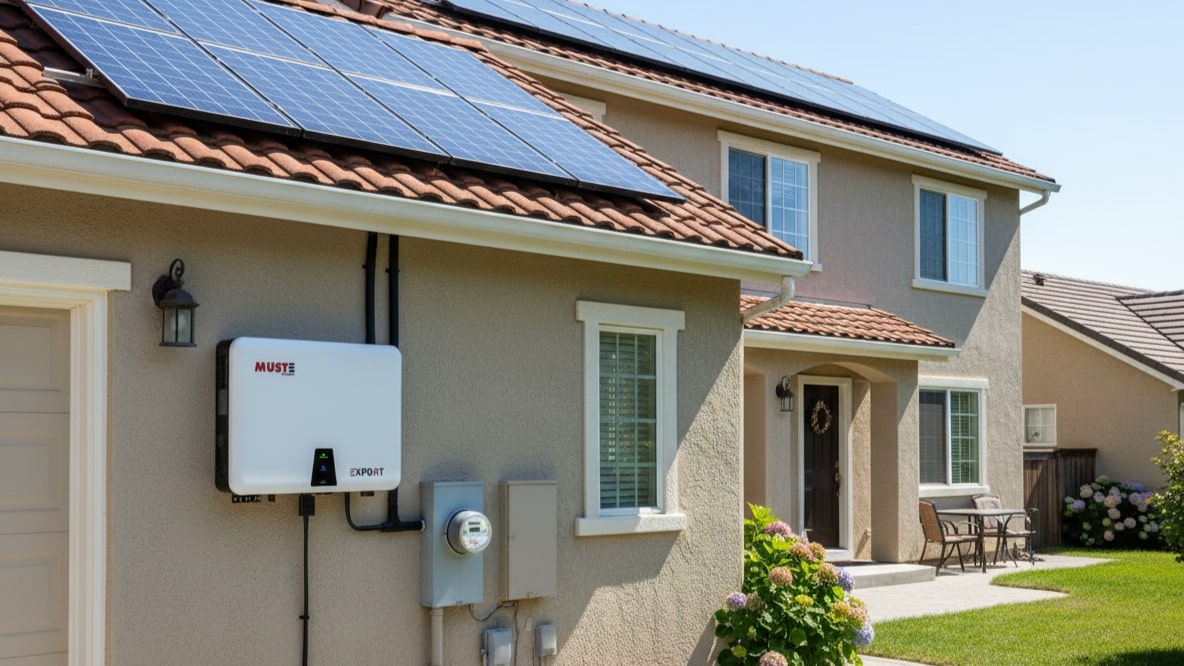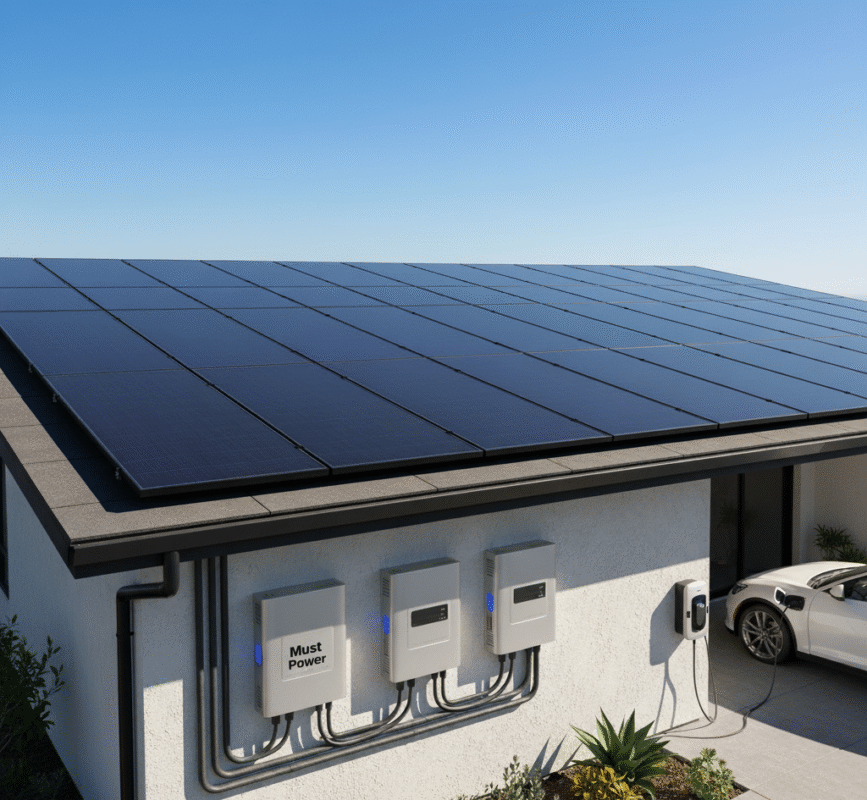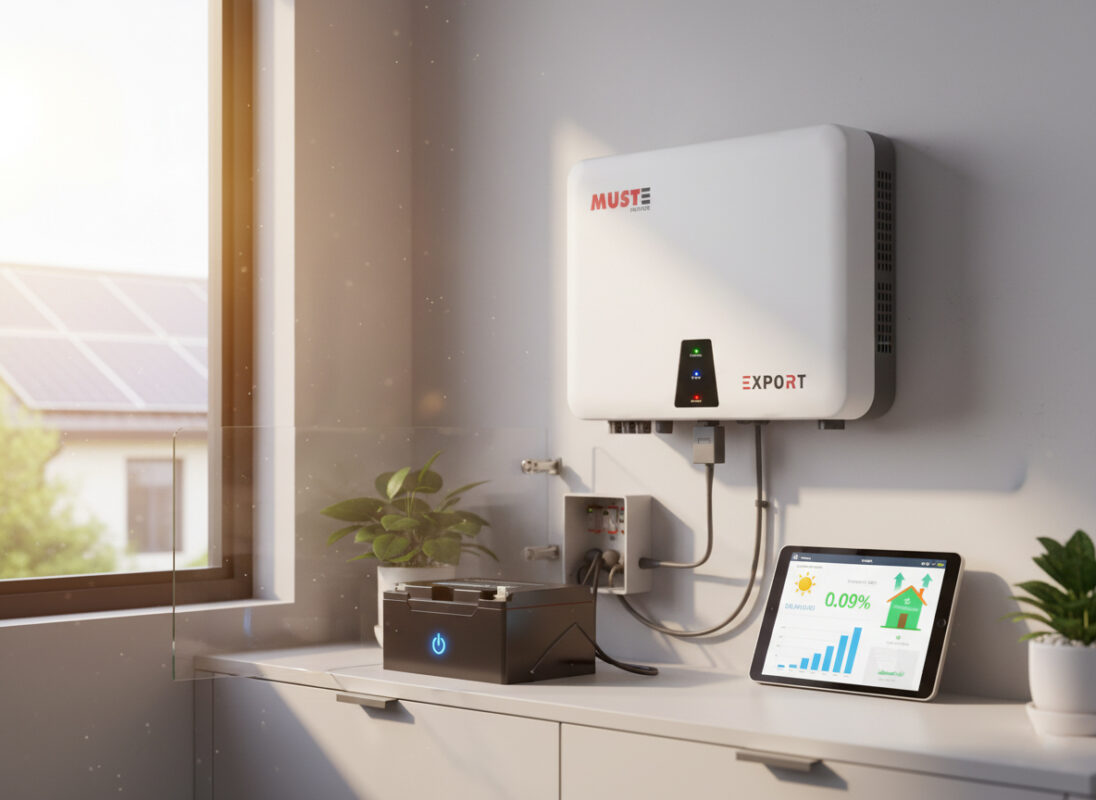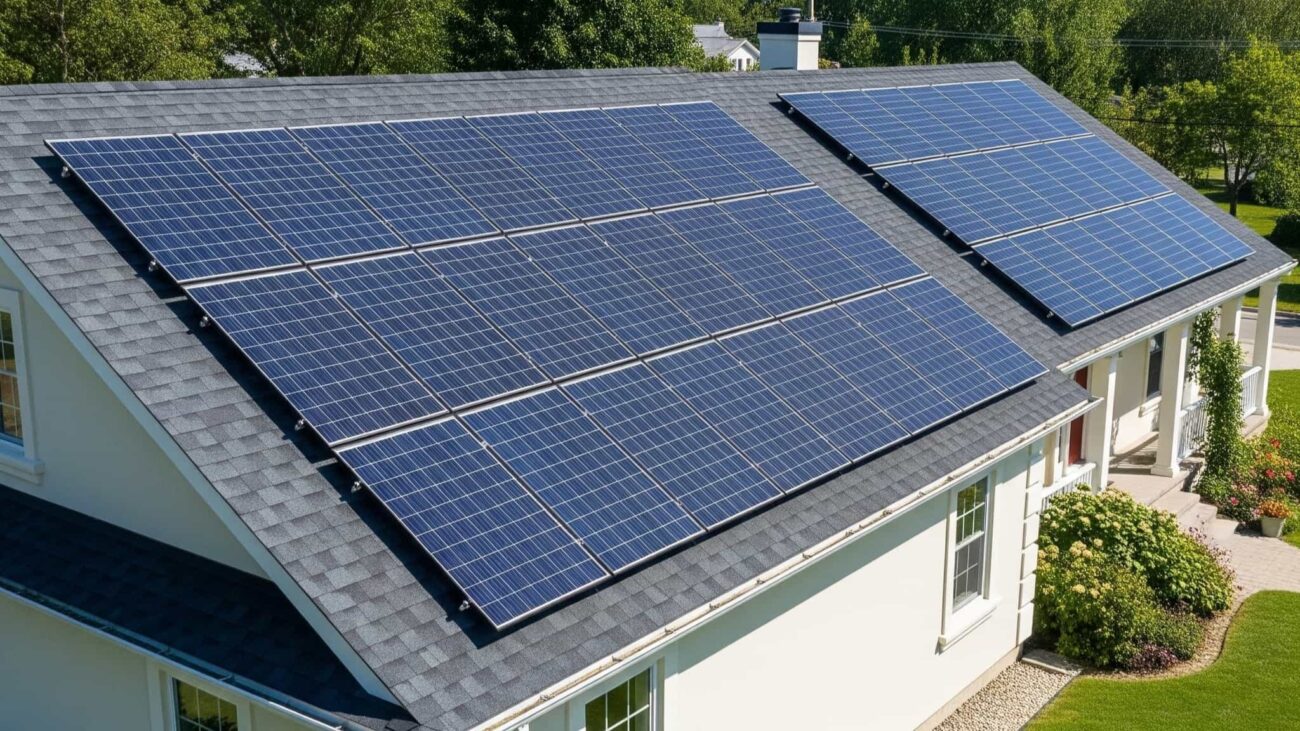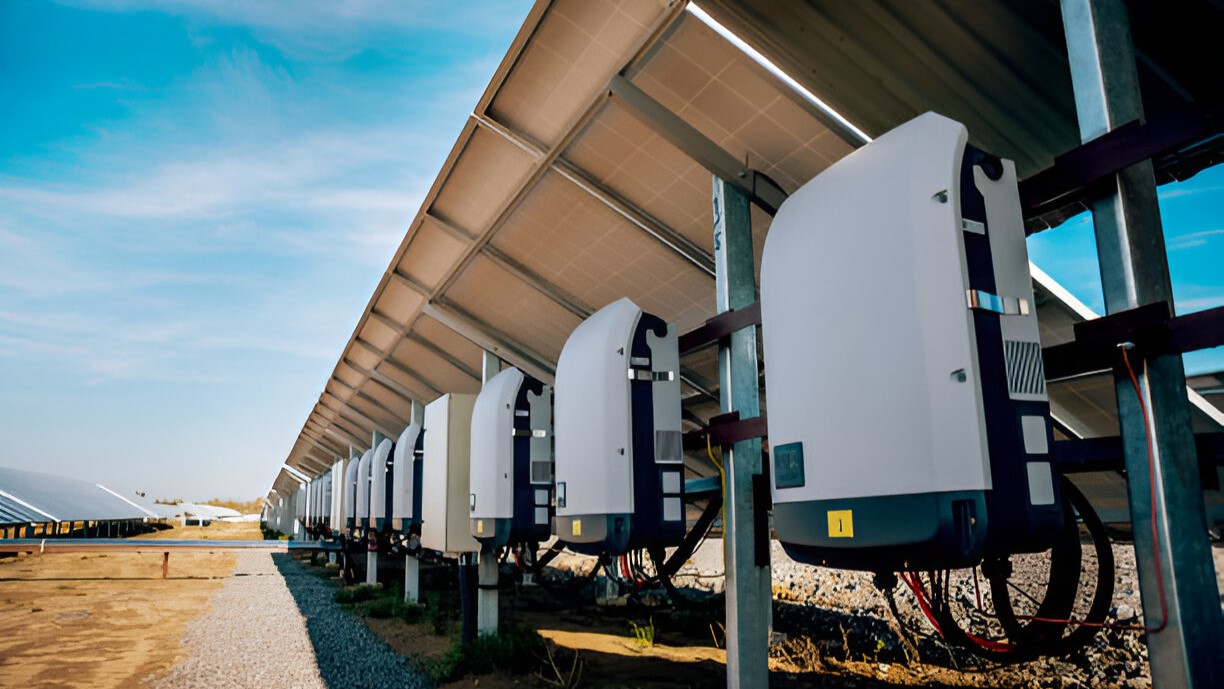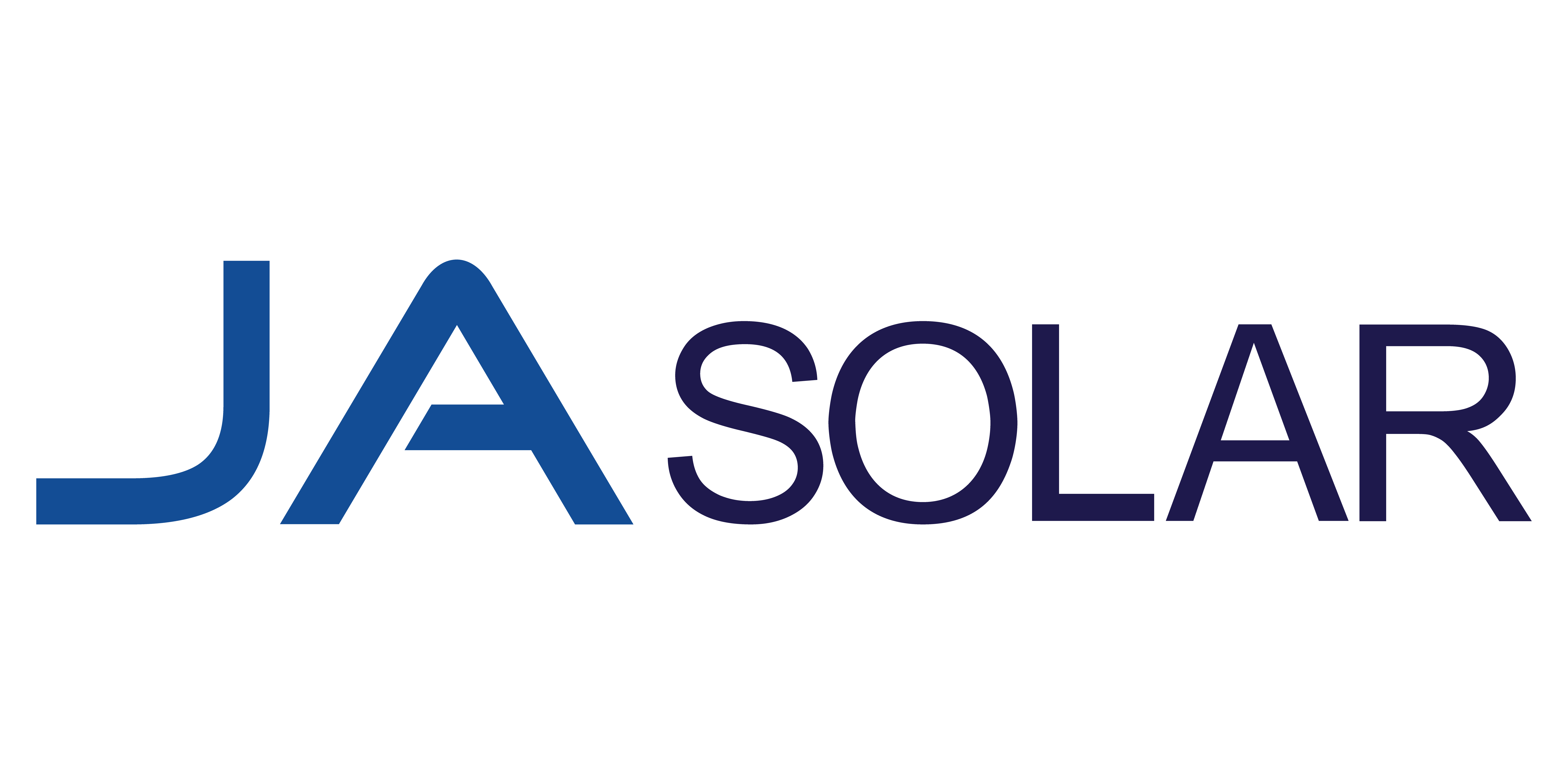Hybrid solar inverters are becoming more common in Pakistan. They let you use solar panels, batteries, and the grid together, switching between them or using combinations. If you’re thinking about buying one, it helps to know what hybrid solar inverter price in Pakistan looks like in 2025, and what drives the cost.
What Drives the Hybrid Solar Inverter Price in Pakistan
Several factors determine how much you’ll pay:
- Capacity / Power Rating: Inverters with higher wattage cost more. A 3 kW unit is much cheaper than a 10 kW or 3-phase one.
- Features: Things like IP rating (dust/water protection), WiFi/app monitoring, battery management (BMS), pure sine wave output, and safety protections all add cost.
- Brand & Origin: Imported models tend to be pricier. Local or semi-local brands may be cheaper, but sometimes trade off slightly on feature set or service.
- Phase type: Single-phase is usually less expensive than three-phase for the same power.
- Warranty & Support: Longer warranties, service centers, spare parts availability raise the price but are often worth it.
- Market & Currency Effects: Exchange rates, import duties, shipping, component prices (especially for battery, chips) shift prices up or down.
Price Ranges: Current Figures in Pakistan
Here are the current ballpark ranges for hybrid solar inverter price in Pakistan, by capacity, as of late 2025. These include unit cost only (no panels, installation, or battery unless stated).
| Capacity / Type | Typical Price (PKR) | Notes / Examples |
| ~3 kW hybrid inverter | PKR 150,000–250,000 | Basic homes, low loads |
| 5 kW hybrid inverter | PKR 220,000–370,000 | Mid-sized households |
| 7 kW hybrid inverter | PKR 270,000–350,000+ | |
| 10 kW hybrid inverter | PKR 600,000–800,000 |
Specific Cases: 5kVA, 3-Phase, 10kW & More
To make this more concrete, here are some specific cases with their prices and how they compare.
5kVA Solar Hybrid Inverter Price in Pakistan
A 5 kVA inverter is roughly equivalent to about 5 kW (depending on how it’s used). From what I see, for a 5 kW hybrid inverter you often pay PKR 220,000-370,000. Features like IP 65 rating, good battery support, WiFi monitoring, etc., push you toward the higher end of that.
7kW Hybrid Inverter Price in Pakistan
For 7 kW capacity, you will often see prices around PKR 270,000-350,000+ if it’s a decent brand with IP protection, BMS, and better efficiency. For example, some 7 kW hybrid inverters are being listed at around PKR 285,000.
10kW Hybrid Inverter Price in Pakistan
When you move up to a 10 kW hybrid inverter price in Pakistan, cost jumps significantly. Single-phase 10 kW hybrids with significant features cost around PKR 600,000-750,000. For three-phase versions or imported brands with premium features, the cost can be at the higher end or even above that.
3 Phase Hybrid Solar Inverter Price in Pakistan
If you need a three-phase output (for larger homes or commercial/industrial loads), expect to pay more. Three-phase 10 kW hybrids are already priced in the PKR 600,000-800,000 range or more, depending on IP rating, feature set, and battery compatibility. The phase conversion and higher current components add cost.
Comparing Value: What’s a Good Deal?
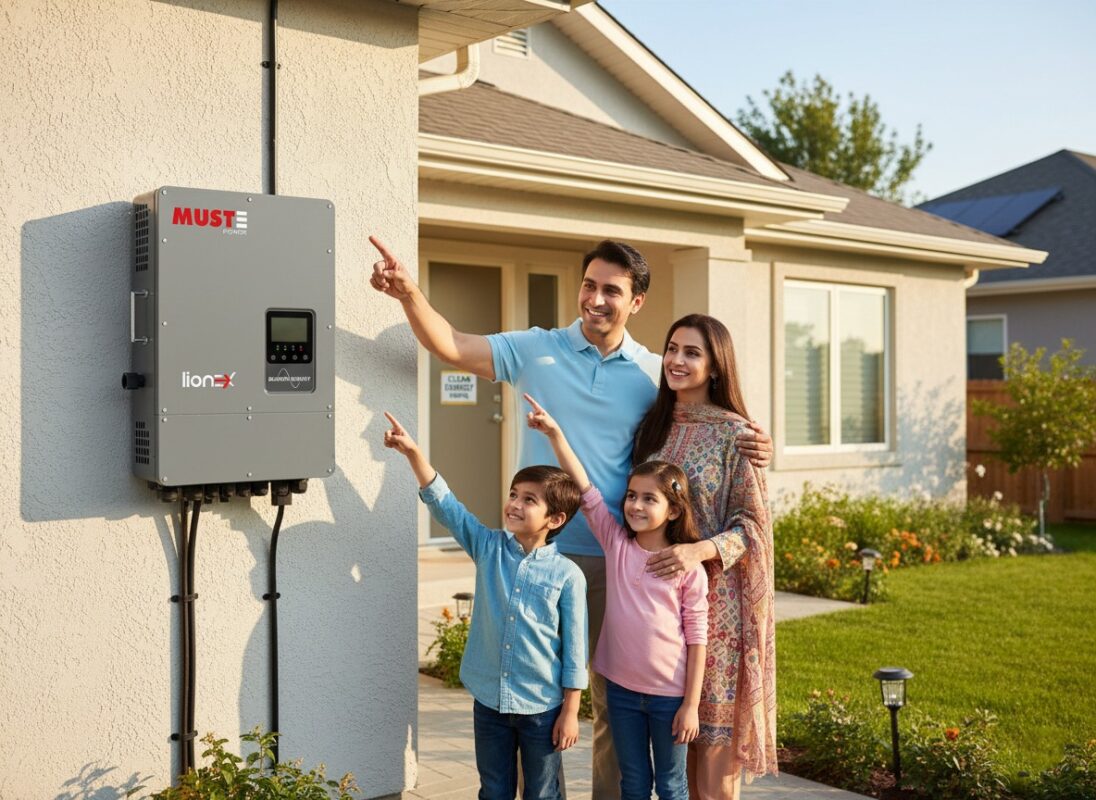
When evaluating the hybrid solar inverter price in Pakistan, these are good red flags or positive signs:
- Efficiency over 95-98%: If the inverter is highly efficient, you’ll get more usable solar power.
- IP rating of IP65-IP66: Protection from dust/water is crucial for many areas.
- Full safety protections: Overload, over/under voltage, surge, reverse polarity, etc.
- WiFi/app monitoring & BMS: Helps in managing batteries, spotting issues early.
- Warranty & service network: The more painless the servicing is locally, the more trustworthy the investment.
If someone offers a 10 kW hybrid inverter for say PKR 450,000, check carefully what features are present. It might be lower quality, have a shorter warranty, or lack protective features.
Must Power: A Brand to Consider
If you’re looking for a supplier that balances good features, strong specs, and trustworthy support, Must Power is a serious option. Their inverters are WiFi enabled, have IP66 protection, pure sine wave output, efficient battery management (BMS), many safety protections, and high efficiency (up to ~99%). Those specs align well with what you want for a durable hybrid solar inverter.
Here are a few of Must Power’s offerings to match what people often need:
- 6 kW Single Phase Hybrid
- 8 kW 3-Phase Hybrid
- 10 kW 3-Phase Hybrid
Those are big enough for many homes or small businesses. If you aim for reliability plus strong backup, Must Power’s line hits many of the boxes people care about.
Why Buy Through Must Power
You should consider buying your hybrid solar inverter through Must Power because:
- Full Featured Products: Their inverters come with a high IP rating, pure sine wave, BMS, protections, all features that often raise the price elsewhere when added separately.
- Range of Capacities: From moderate sizes (4–6 kW) up to large three-phase models (10-12 kW), so you’re not limited to small units if your load is substantial.
- Warranty and Support: Given their reputation, Must Power tends to provide stronger after-sales service, which matters a lot with inverters (things can go wrong, parts degrade, etc.).
- Balanced Price vs Quality: Yes, premium features cost more, but Must Power seems to strike a balance so you’re not paying mostly for brand and fluff but for relevant performance.
What to Budget Depending on Your Need
Putting all of this together, here’s a rough guideline for what budget you should plan if you’re going to buy a hybrid solar inverter in Pakistan now, depending on capacity and expectations:
- For a 5kVA solar hybrid inverter price in Pakistan with good features: budget PKR 250,000-400,000.
- For a 7kW hybrid inverter price in Pakistan, expect PKR 300,000-400,000+, especially if you want IP65/IP66, strong BMS, etc.
- For 10kw hybrid inverter price in Pakistan, plan for PKR 600,000-900,000 if you want three-phase or high protection.
- For 3 phase hybrid solar inverter price in Pakistan (10 kW or above), expect upward of PKR 700,000, likely more depending on brand/features.
Conclusion
Hybrid solar inverter price in Pakistan varies widely depending on what you need. Smaller units (3-5 kW) are fairly affordable, but once you need 7-10 kW or three phase, costs rise fast. What really matters isn’t just the sticker price but what features you’re getting: durability, efficiency, protection, warranty, service.
If you want something reliable and future-proof, it’s better to pay a bit more for a good hybrid solar inverter than to save now and have troubles later.
Frequently Asked Questions
1. What’s the average hybrid solar inverter price in Pakistan right now?
On average, the hybrid solar inverter price in Pakistan ranges from about PKR 200,000 for smaller 3–4 kW models to around PKR 800,000 or more for large 10 kW or 3-phase systems. Prices depend on capacity, features, and the brand’s reputation for after-sales service.
2. Is it worth paying more for a hybrid inverter instead of a normal solar inverter?
Yes, in most cases it’s worth it. A hybrid inverter lets you use both grid and battery backup seamlessly, giving you power even during outages. It also helps manage energy more efficiently, which saves money over time.
3. Are 3-phase hybrid solar inverters necessary for homes?
Not usually. Most homes in Pakistan run on single-phase power, so a standard hybrid inverter works fine. But if your property has three-phase wiring or you operate heavy machinery or multiple air conditioners, then investing in a 3-phase hybrid solar inverter makes sense.
4. How long do hybrid solar inverters last?
A quality hybrid inverter can last 8–12 years easily, sometimes longer if maintained properly. Look for one with a solid IP rating (like IP66), low noise cooling, and strong after-sales support, factors that directly affect lifespan.
5. What size hybrid inverter should I buy for a typical household?
It depends on your usage. A 5 kVA or 6 kW hybrid inverter is enough for an average home running standard appliance. If you have higher load needs, like multiple air conditioners or a large backup setup, then 8 kW or 10 kW models are better fits.

